To achieve excellence in education and research in the field of Physics and other related areas through knowledge creation and dissemination.


1. Impart quality education and promote scientific temper.
2. Blend theoretical knowledge with practical skills.
3. Motivate basic/academic and applied research in technically important fields.
4. Provide access to all sections of the society to pursue higher education.
5. Inculcate moral values and ethics among students.
6. Prepare students as responsible citizens.
7. Hasten the process of creating a knowledgeable society.
Established in the year 1984, the department of physics, Kalasalingam Academy of Research and Education started its journey through the vision of the founder chairman “Kalvivallal” Thiru T Kalasalingam has grown into a department of research with excellent active research in all front-line areas of research. The Department offers a B.Sc. programme in Physics. This programme started to inculcate in the minds of the students a strong fascination for learning science, physics in particular. This programme encourages them to take up a scientific career, either academic or Research. This programme offers advanced major electives and job oriented skill based elective courses. The department’s faculty members have high research capabilities in a variety of fields such as crystallography, spectroscopy, thin films, theoretical physics, nonlinear optics, polymer science, ionics, and so on. The department has well-equipped laboratories where students’ innovative ideas are implanted. With the help of cutting-edge research and education, the department is tasked with developing new technologies and procedures for the development of various new materials useful in the fields of medicine, batteries, opto-electronics, fuel cells, and so on.
This programme helps the students achieve the 3 important objectives i.e. Technical Proficiency, Management Skills and Professional Growth.
1. Technical Proficiency: They will be effective in finding employment that is relevant to their interests and education, and they will become successful physicists.
2. Professional Growth: Continue to grow professionally through lifelong learning, higher education, science, and other innovative initiatives in their fields of specialization.
3. Management Skills: Improve your leadership skills in technological and social responses by being creative.
Kalasalingam University is focused and involved in research-based studies and the university has been offered grants from time to time funded by different prestigious departments working in the field of Science & Technology. The University is granted the funding for doing research and development in the field of Science & Technology. B.Sc. students have been involved in the funding projects received from the government and also involved in community-based work such as water sensor and treatment. By taking research and practical exposure of the students, faculty motivates the students of B.Sc.-Physics to do brainstorming and think out of the box which also resulted in the completion of the device-based projects such as low-cost Spectrometer and solar still. Faculty members are actively participating in the research which resulted in funded projects from the funding agencies like CSIR, DST-SERB, UGC etc
The department has formed an Association named Krishnan Physics Association (KPA). In KPA Students are been actively involved in co-curricular and extracurricular activities towards improvement of interpersonal, subject, communication and presentation skills.
No of student’s activities completed under KPA
SCHRÖDINGERKARE, TICAS, PHYSIKA 2019, PHYSIKA 2020, BIG BANG CLUB.
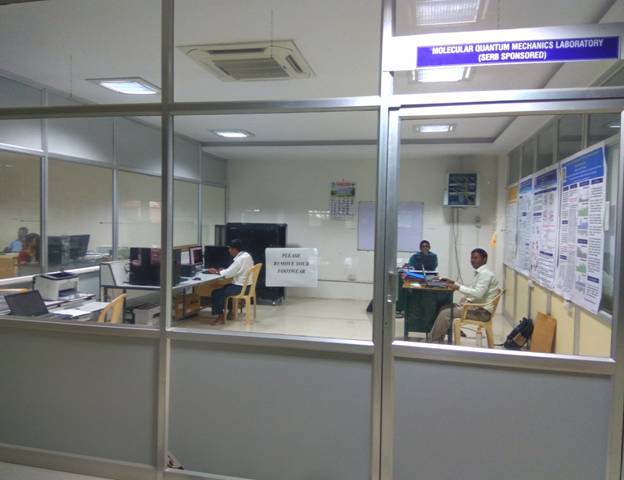
Molecular Quantum Mechanics Laboratory
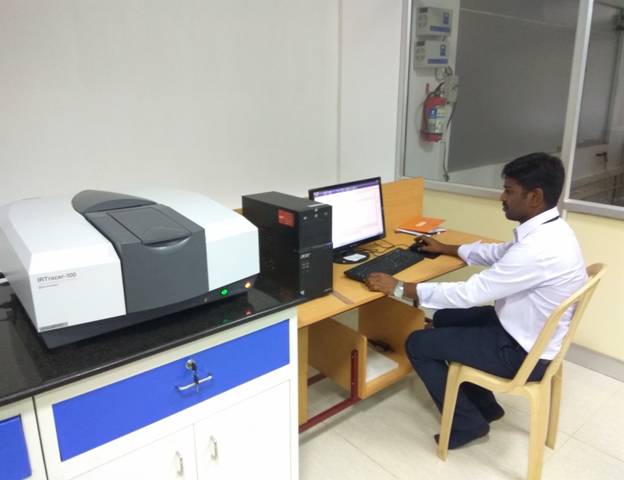
Fourier transform Infra Red Spectrometer (FT-IR)
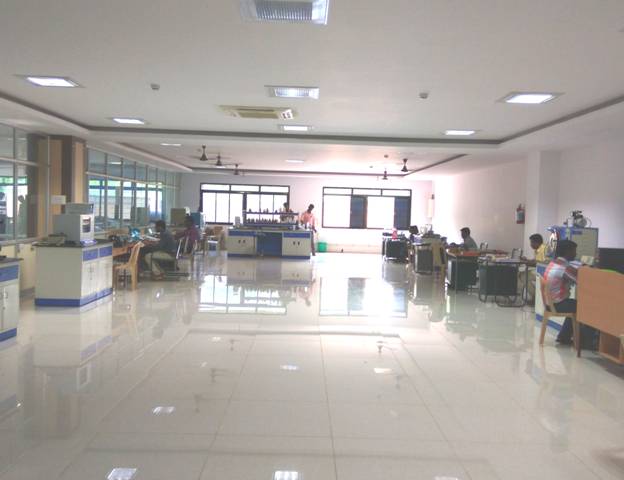
Multi functional Materials Research Laboratory
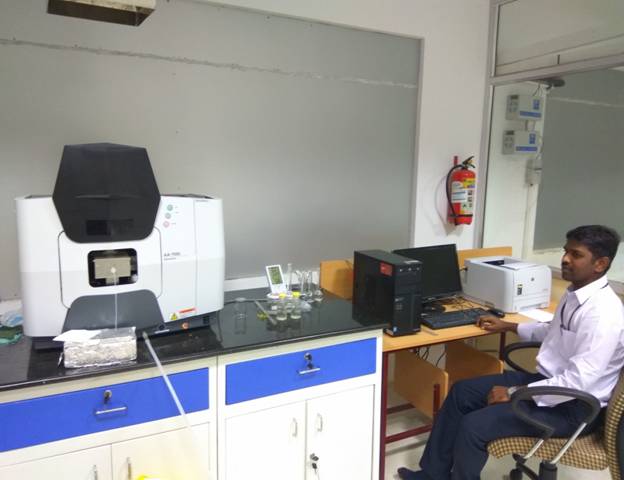
Atomic Absorption Spectrometer
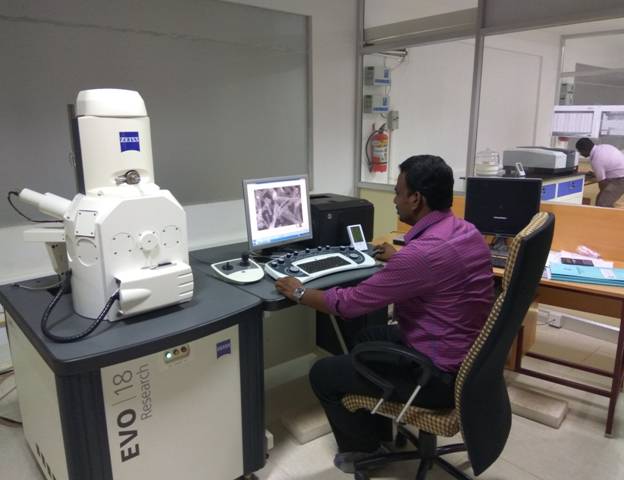
Scanning Electron Microscope
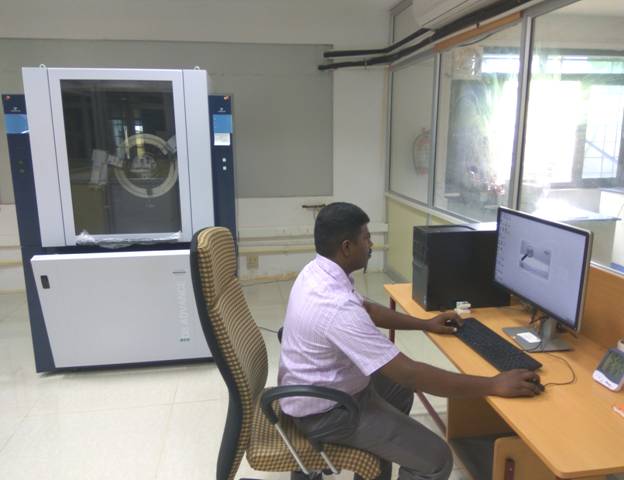
X-Ray Diffractometer
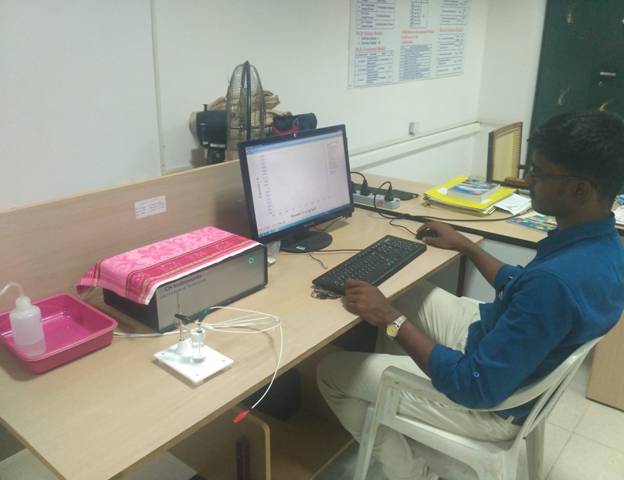
Electrochemical Workstation
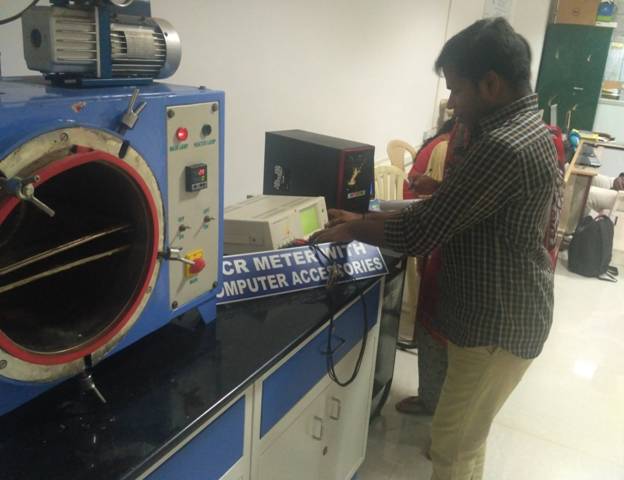
LCR- Impedance analyzer
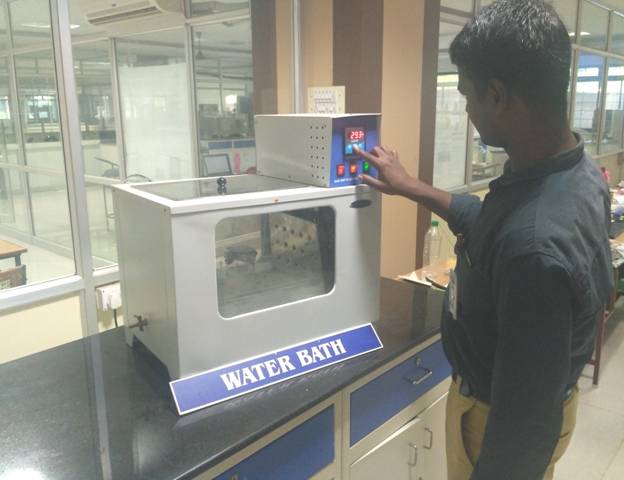
Water Bath Deposition Unit
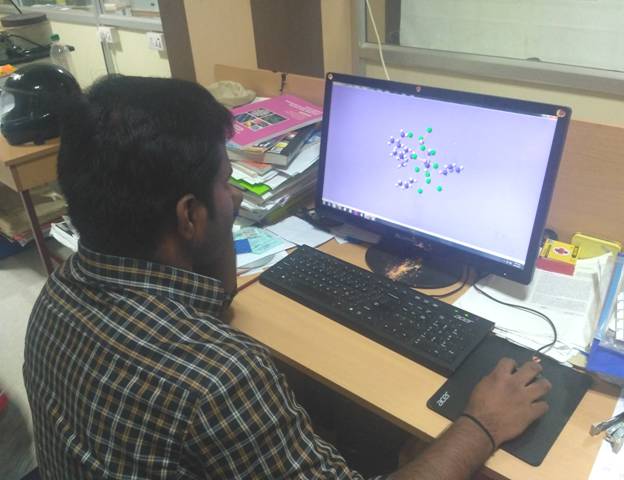
Guassian work station
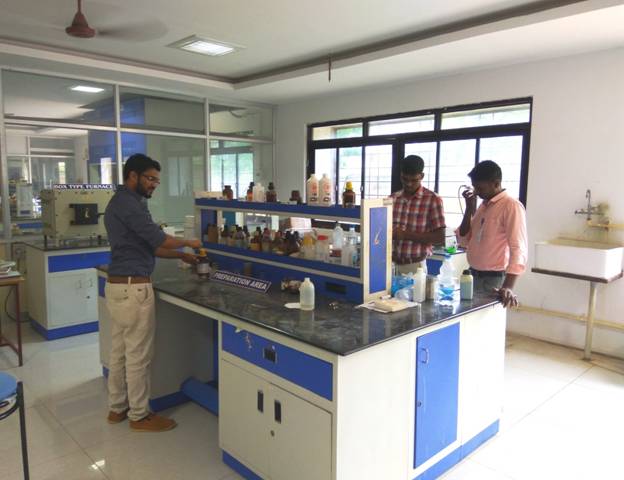
Preparation Area
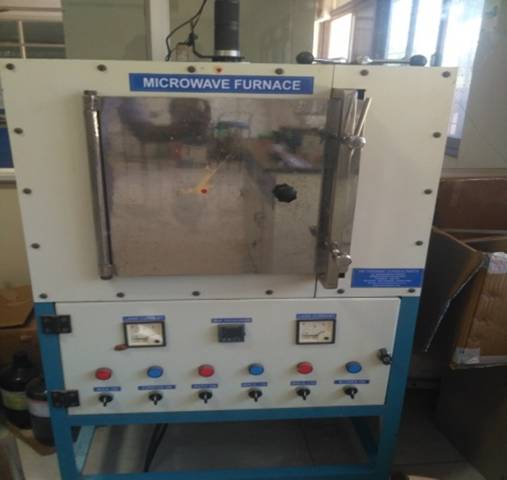
Microwave Furnace
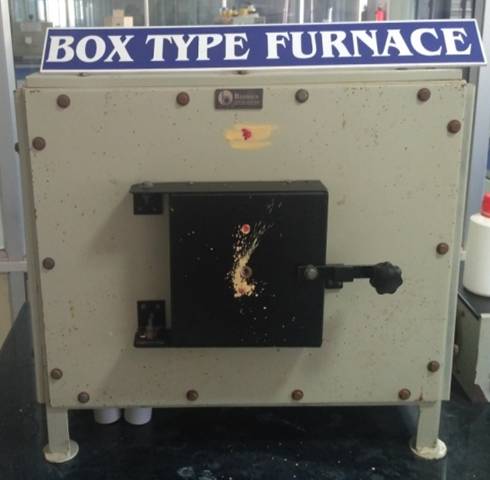
Box Furnace
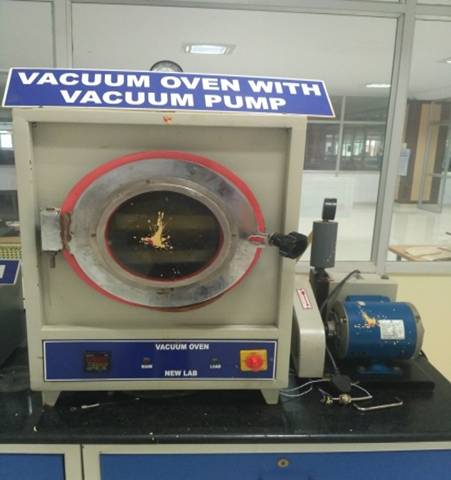
Vacuum Oven
Program Outcomes (PO)
1. To explore the knowledge and understanding of the substantive law, procedural law and constitutional law.
2. Understand the interdisciplinary nature of law and relate it with other disciplines like humanities, social sciences and management.
3. Having an ability to be socially intelligent with good SIQ(Socially Intelligence Quotient).
4. Having skills of creating unique insights in what is being seen or observed( Higher level thinking skills which cannot be codified).
5. Having ability to plan a strategy to offer appropriate legal remedy.
6. Having ability to provide legal opinion on any legal issues and defend the same before an impartial tribunal.
7. Having an ability to design new social legislations and suggesting amendments to the existing legislations.
8. Having Computational thinking in relation to socio economic issues.
9. Having Virtual Collaborating ability.
10.Having problem solving ability- solving social problems.
11.Having a clear understanding of professional and ethical responsibiity.
12.Having interest in lifetime learning.
13.Demonstrate familiarity with the rules of professional ethics and exhibit its application in legal profession.
14.To know the values of Rights and duties.
15.To well verse in drafting and pleading.
1. PSO1.Should be able to Demonstrate understanding of substantive and procedural law sufficient to enter the legal profession and professions in which legal knowledge is an advantage.
2. PSO2. Should be able to associate the learning from the courses related to Law and Management.
3. PSO3. Should be able to Gather and interpret relevant facts and conduct legal research.
4. PSO4. Should have the capability to understand the laws at national and global level and to solve the client’s problem.
5. PSO5. Should posses the skills to communicate in both oral and written forms and ability to formulate legal problems and using appropriate concepts and methods to solve them.
6. PSO6 should use skills in specific areas (e.g. Criminal, industrial-organizational, clinical, counselling, social, community).
7. PSO7 should analyzing social problems and understanding social dynamics.
—->
<